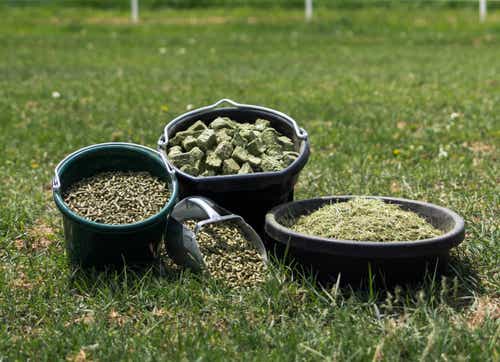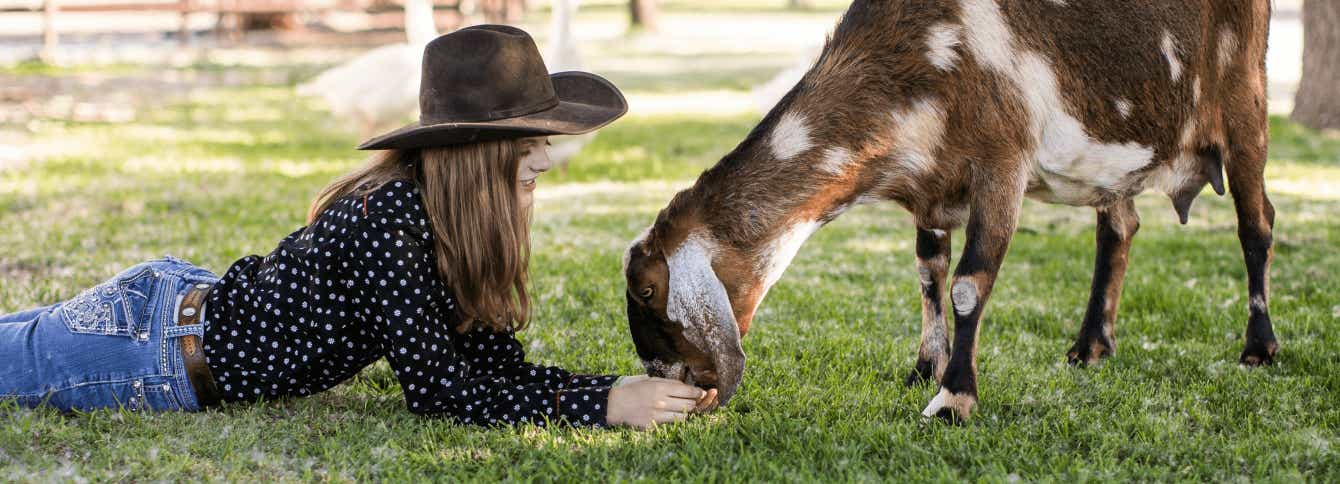
What Do Goats Eat?
Some of the most common questions I get about goats is, “What do I feed them?” Many people expect to hear a quick, one-sentence answer. The questions can also come in a variety of renditions. Should I feed alfalfa or grass? Should I feed baled hay or hay cubes or hay pellets? Plain grain or goat feed? How much should I feed? But as with so many things goat related, the answer is, “it depends.” A...
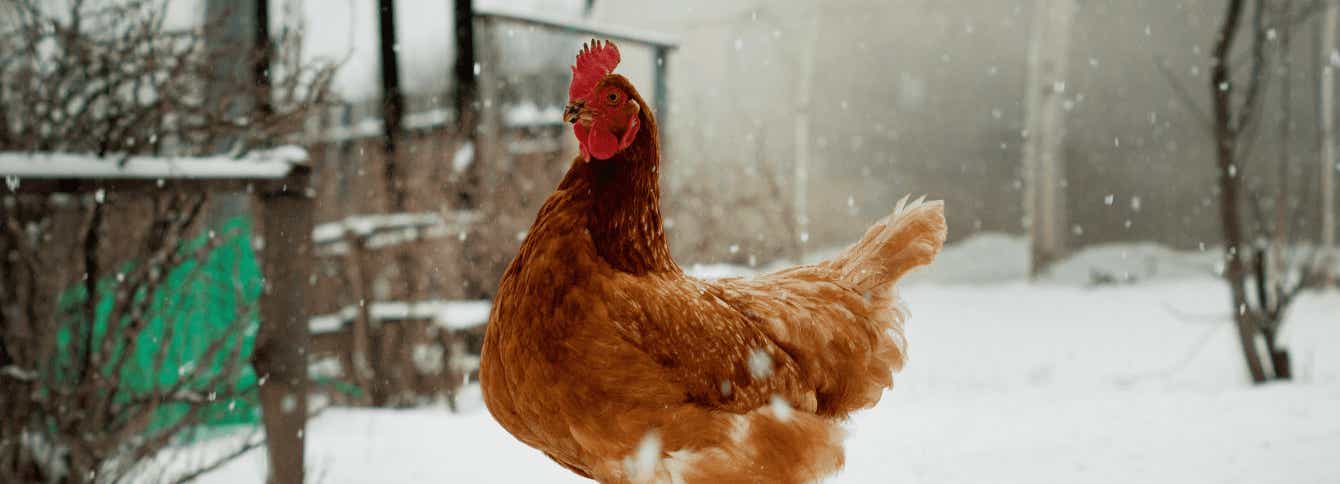
4 Tips for Raising Chickens in the Winter
Winter’s damp, cold weather and freezing temperatures can pose potential challenges to keeping your backyard chickens happy and healthy. Below are 4 tips on raising chickens in the winter, to support your flock’s health and well-being. 1. Prevent frostbite Chickens are most prone to frostbite on their wattles, feet, and combs. To help prevent frostbite, protect the chickens’ feet by removing all...
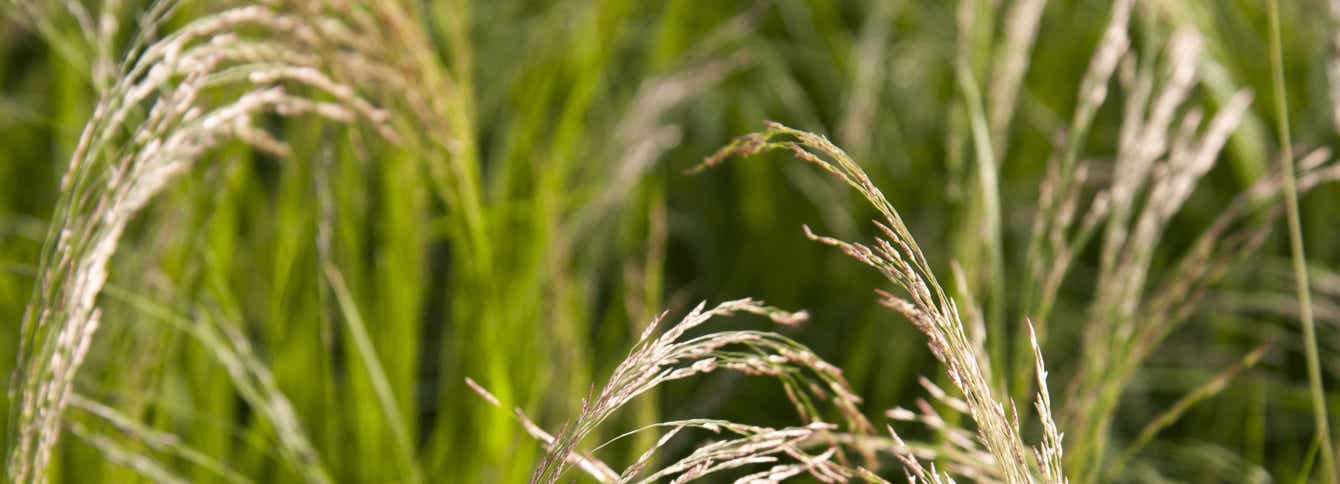
What Is Teff Grass And What Makes It Different From Other Forages?
Teff’s origin is thought to be Ethiopia, where it emerged as a grain crop for human consumption sometime between 4000 B.C. and 1000 B.C. Teff in the USA is grown primarily as a forage crop for livestock, is adaptable and it can grow in various environments. It is a fine stemmed, fast growing, high yielding, summer annual grass. But what really makes Teff Grass unique and exciting is its nutrient...
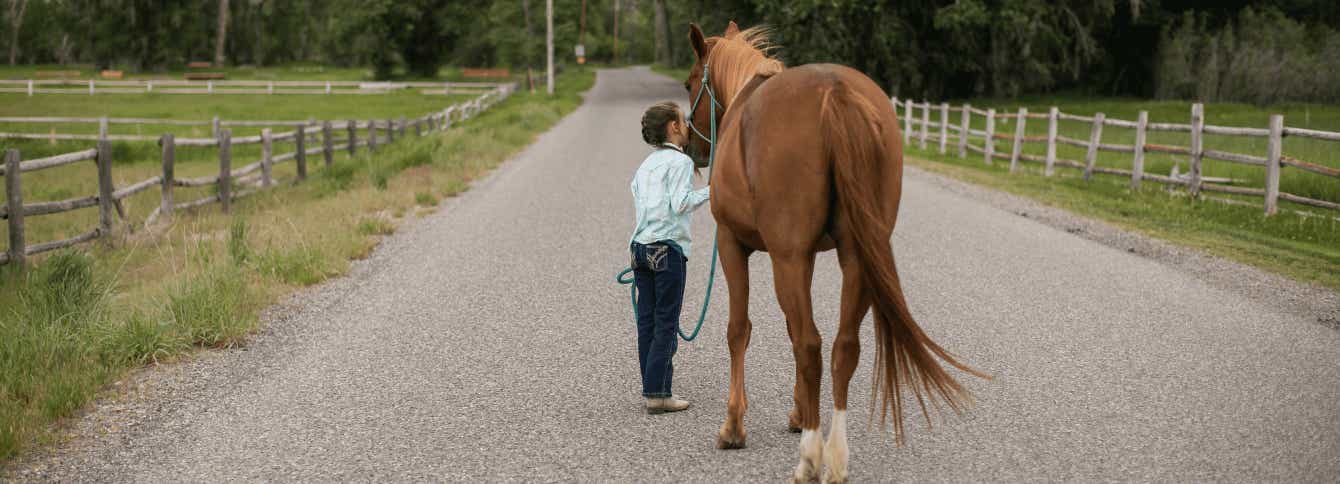
5 Common Horse Feeding Mistakes
Feeding horses should be easy, but unfortunately, it has become quite challenging for our modern horses. We have outlined 5 common mistakes that are made when feeding horses. 1. Not Feeding Enough Quality Hay The horse has evolved as a grazing animal; forage plays a pivotal role in equine health. Horses are non-ruminant herbivores also known as a “hindgut fermenters”. Their digestive tract is made...
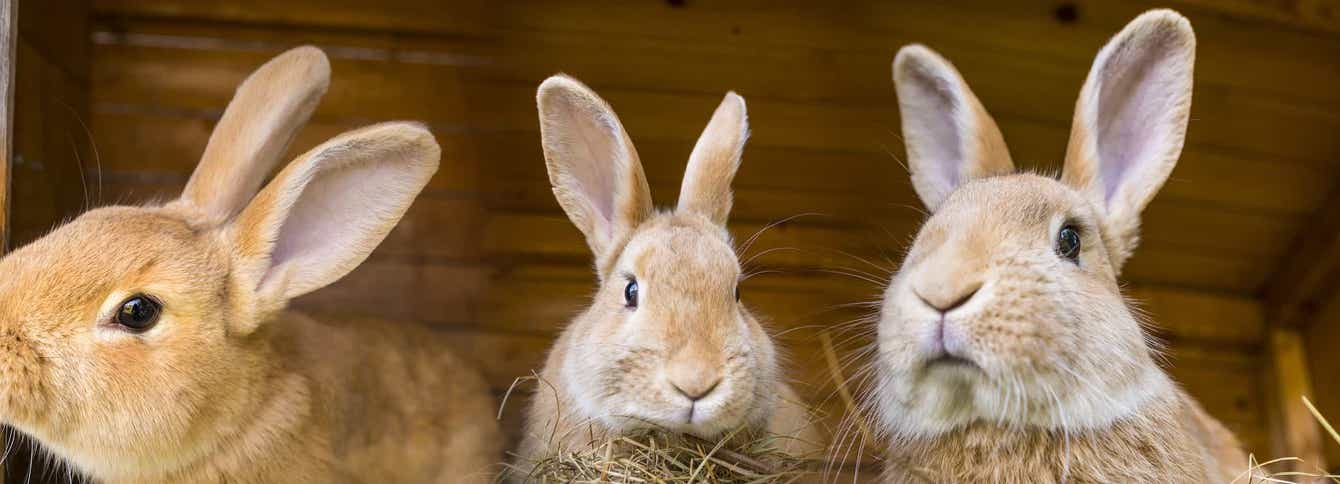
Is Your Rabbit Bored?
Have you ever heard the phrase, ‘A bored dog is a bad dog’? Well, the same can be said about a rabbit. Boredom in rabbits may look different depending on the specific animal, as some may become depressed while others become destructive. Here we’ll help identify boredom and what can be done to prevent it, to help your rabbit live a long, active, and happy life. Why is boredom bad for...

